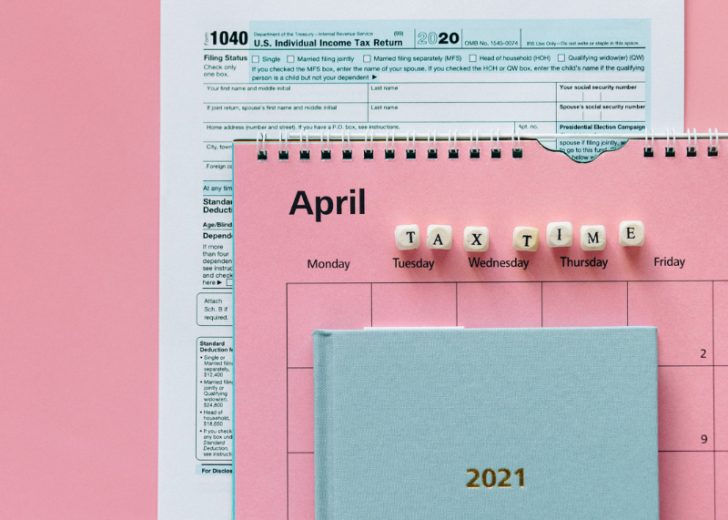Businesses begin either with a simple concept or to fill a market gap and make profits. The challenge is to register and establish your business, as legal and operational. Certain legal documents and processes get your business ready and turn your business idea into reality, by operating the business within a legal framework.

The correct documents influence how stakeholders, including potential investors and banks, relate to the business model. Seek help and advice from seasoned business consultants who guide you while establishing business. Lawyers help you with legal document templates for start-ups and guide you during the process. You learn to manage along the way and ensure your business is legal. Six legal documents are essential for your business.
Business Plan
Every business needs a plan for operational guidelines. A sound business plan obtains loans for capital purchases and working capital for start-up operations, besides showing your business is legal and dealings, trustworthy. The business plan includes transparent details of your intentions to convince potential creditors and investors. Your legal framework derived from your business plan, helps develop control policies to streamline operations.
Business Agreements
In business, you deal with various clients and partners who need to keep your transactions private. Develop business agreements to legally bind you with your business. Business agreements vary depending on your business and require legal advice for better understanding. Partnership agreements share their business responsibilities for profit and loss, while non-disclosure agreement (NDA) binds you to secrecy in business dealings, including intellectual property. Finalize your business goals and prepare the best agreements to incorporate in your business. This safeguards your business interests besides aligning goals with legal procedures.
Certificates

Your business needs certificates to show the birth of business and covers the entire registration process to prove it’s qualified to operate as per law, a legal requirement for business. A certificate of incorporation proves your company’s legal identity, outlines business’s ownership, operating capital, responsibilities, and miscellaneous provisions for business. Other certifications emerge from governing bodies that evaluate your business operations if environmental or human impact is involved.
Business Licenses and Permits
For public interaction, licenses /permits prove you are qualified to provide products and services to consumers while accepting responsibility for mistakes or mishaps from business operations. With licenses and permits to practice your craft, protect yourself from lawsuits if some mishap occurs. Professionals like doctors and accountants need business licenses to carry out professional duties.
Terms of Service
Your business terms of service must be clear for customers, as it reflects acceptable conditions for conducting business, including payment modes for services rendered. Your terms of service ensure privacy of your business and customers in all transactions. As you conduct your business, you develop an understanding. A Memorandum of Understanding or MOU is the common type of service agreement available to consolidate stakeholder contributions for company success. Prepare a MOU as your legal document before starting business.
Tax Identification

Your business must pay taxes as prescribed and tax identification documents for accountability, are required, if your organisation has employees. Maintain accounts for business income and expenditure of your organisation and file tax returns, in time. If you avoid doing so, your company attracts court battles from the government for undeclared transactions. Secure tax identification numbers for your business.




